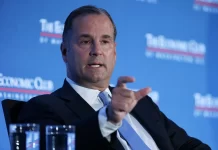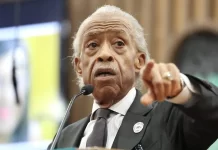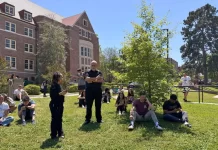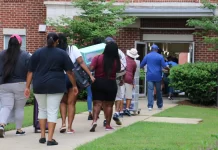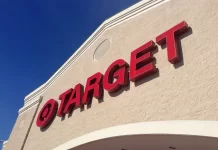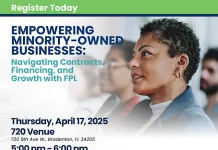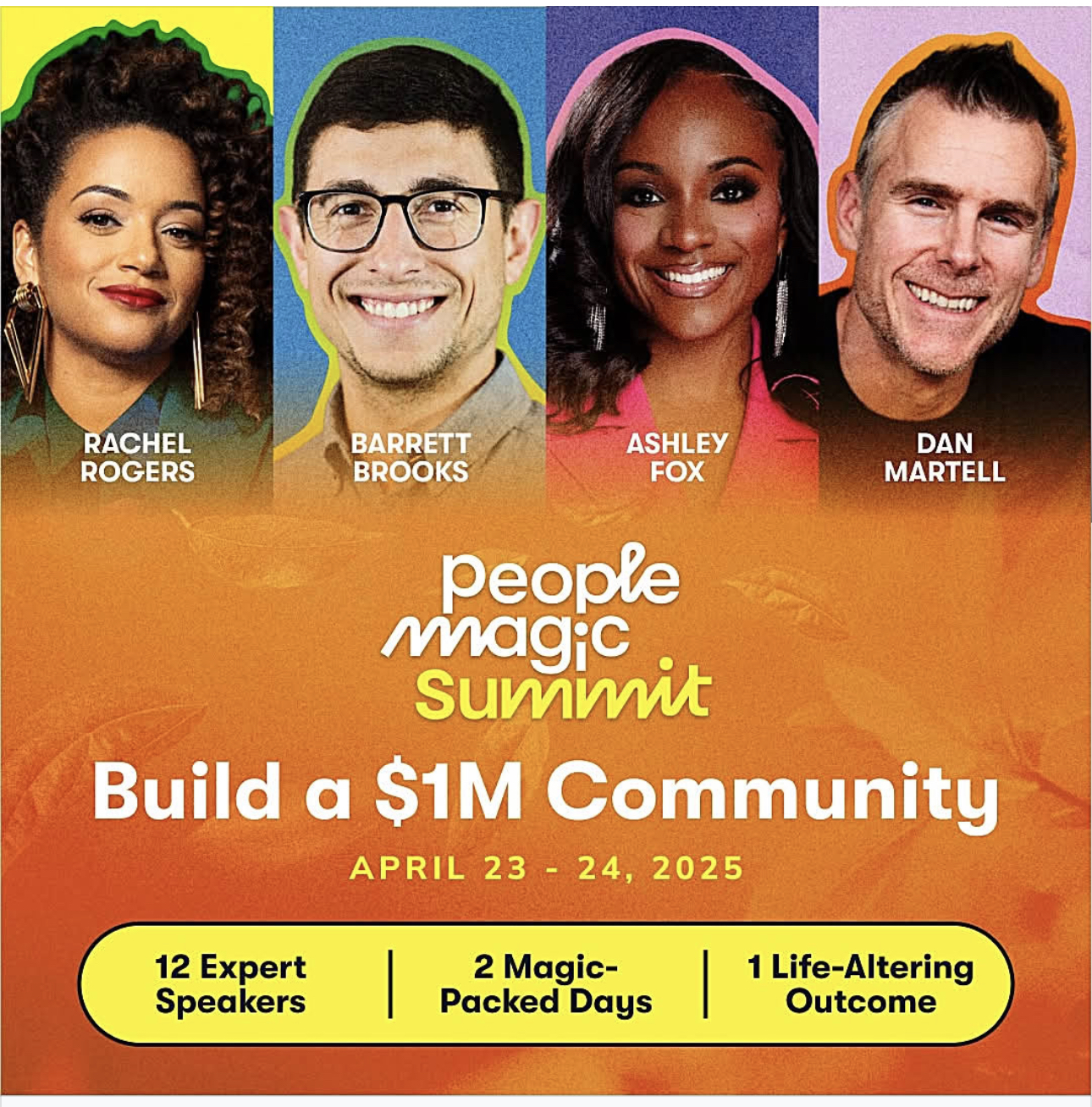By Ken Epstein
In a meeting this week that dragged on for more than 12 hours, Oakland City Councilmembers decisively turned down a proposal to place a measure on the November ballot to allow voters to weigh in on whether they want over a billion of their tax dollars spent on infrastructure for private luxury development and baseball stadium on public land at the Port of Oakland.
The final vote was 5-2 against the measure, with council member Rebecca Kaplan abstaining.
Voting yes was Councilmember Noel Gallo, the author of the measure. Gallo emphasized that this proposal had not been his idea but was drafted in response a deluge of calls and petitions from local residents, demanding that their voices not be ignored in the city’s rush to give public funds for infrastructure to billionaire developer and A’s team owner John Fisher.
“Your neighbors, my neighbors, are asking us to put this on the ballot,” Gallo said, adding that this is a business deal, and the A’s corporation has been less than transparent about the terms of the deal, whether the A’s will pay any community benefits and how much infrastructure will cost the public.
“As of today, I don’t have a complete picture of what the A’s are asking for and what they are willing to pay,” Gallo said.
Also voting in favor of the resolution was Councilmember Carroll Fife, who represents District 3 where the project would be built.
“I want to know what the City of Oakland is on the hook for,” Fife said.
She said supporters of the stadium project complain about misinformation being spread against the project. “(But) if we’re going to tell the truth, we’re going to have to tell the truth all the way around,” she said.
While it is true the stadium, luxury condominiums and commercial real estate will be privately paid for, “there’s a lot more that has to be funded,” she said, and it will be paid ultimately by taxpayers.
State, federal and other grants are also taxpayer money, much of which could be spent on other projects to benefit the needs of Oakland residents and neighborhoods, she said.
Fife said this issue will be on the November ballot, one way or another. Either the council could place it on the ballot, or voters may consider whether to vote for incumbents who opposed allowing the public to vote on the matter.
In a statement released after the meeting, the East Oakland Stadium Alliance said, “The City Council (has) denied Oakland residents the right to vote on whether to spend nearly $1 billion in public funds on the Howard Terminal project, ignoring the nearly 12,000 residents who signed petitions demanding a vote take place.
“With homelessness, a housing crisis, school closures, and rising crime impacting our city, Oakland voters must be allowed to weigh in before the City’s limited resources are spent on a private stadium and condo development.”
The five councilmembers who opposed the resolution gave a variety of reasons for their “no” vote, though most of them agreed they have heard overwhelmingly from residents who wanted them to vote “yes.”
Councilmember Dan Kalb said, “I’m not prepared to bring this is to a vote of the citizens,” until the details of the final agreement are released. If the deal looks good for Oakland, he said, he will vote in favor of it, but if Oakland’s finances ultimately are not protected, he might support a special election in January for voters to decide if they like the deal.
Councilmember and mayoral candidate Loren Taylor opposed the measure saying it was “confusing” and “stupid,” because it does not contain the details of the proposal.
“For me to be supportive, (the measure) would have to be specific about the deal terms,” Taylor said.
None of details have been released so far and apparently are still being negotiated by city staff and the A’s.
Councilmember and mayoral candidate Sheng Thao said, “I’d like to hear an actual proposal. I’m in the same boat as Councilmember Kalb.”
Council President Nikki Fortunato Bas said, “I am not ready to put this on the ballot. We need to actually have a deal.”
Councilmember Treva Reid said voters in her district are “asking for more details before we ask them to weigh in. I’m going to wait for information.”
Many of the public speakers against the measure were aligned with the building trades construction unions, which have been working hard to pass the development project.
A number of pro-development speakers addressed similar talking points, ending their remarks with the slogan, “This is bigger than baseball!”
Calling for a “no” vote, they argued: a ballot measure would be too costly to administer; details of a proposed deal were too confusing for Oakland residents to understand; and wording of the measure was too vague since it does not contain details of a final proposal.
Public speakers calling for a “yes” vote included Cathy Leonard. “I view this proposal as nothing more than a disguised development deal. Support Oakland residents right to vote.”
Andrea Luna Bocanegra said, “We have been fighting this for over six years,” adding that the development will hurt the companies that utilize the Port, forcing them to go elsewhere.
“It seems like we’ve stepped away from developing East Oakland,” said Stanley Cooper.
In response to the argument that there is no final deal, supporters of the ballot measure responded that the content of the deal is irrelevant. “The question is whether Oakland tax-payers want to use any their tax dollars to pay for infrastructure for a private project. Period.”
The post Council Rejects Measure for Voters to Weigh in on Billion-dollar Tax-Funded Infrastructure Expenditure first appeared on Post News Group. This article originally appeared in Post News Group.
The post Council Rejects Measure for Voters to Weigh in on Billion-dollar Tax-Funded Infrastructure Expenditure first appeared on BlackPressUSA.


